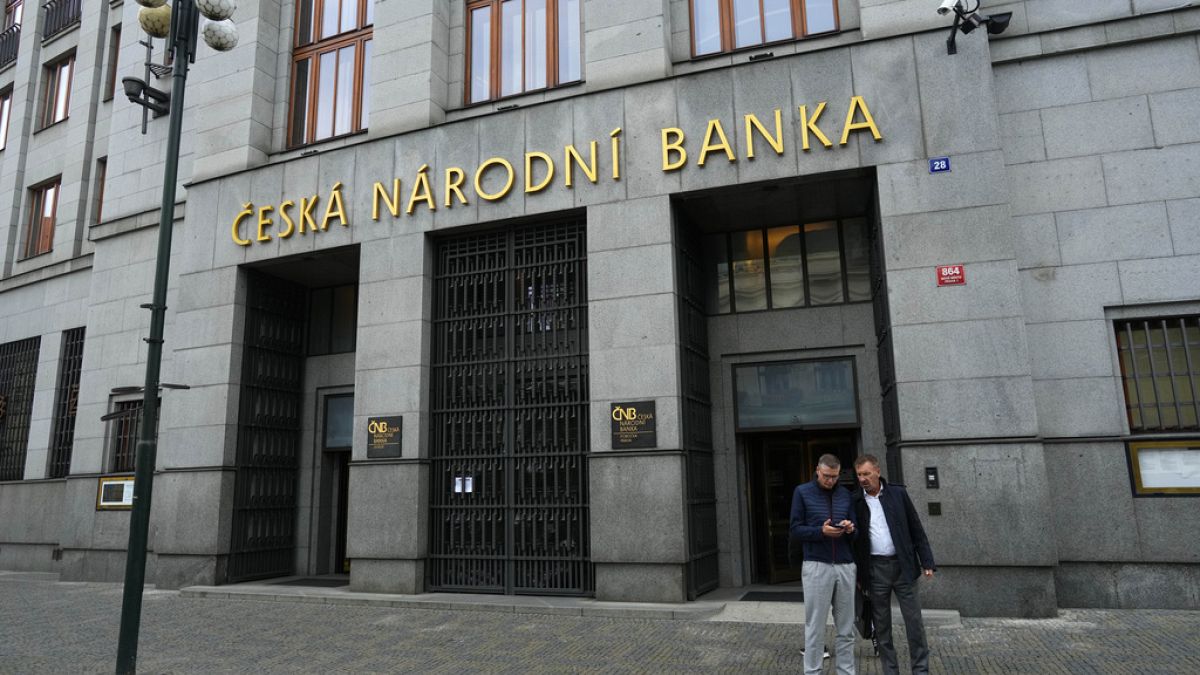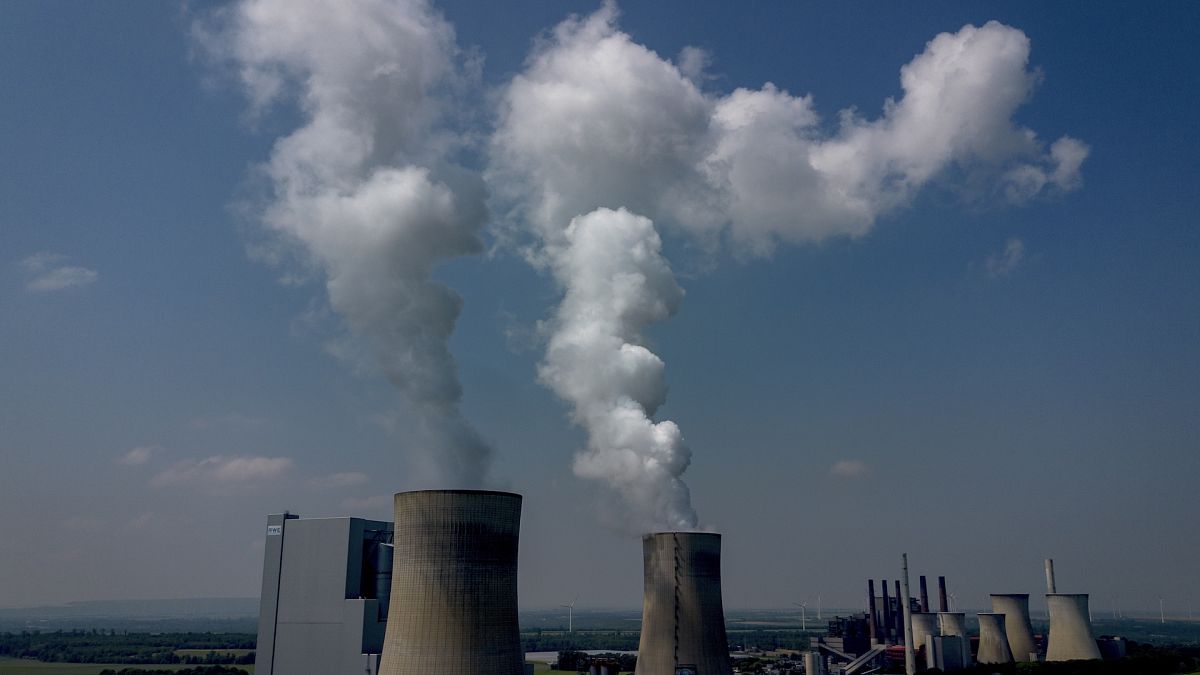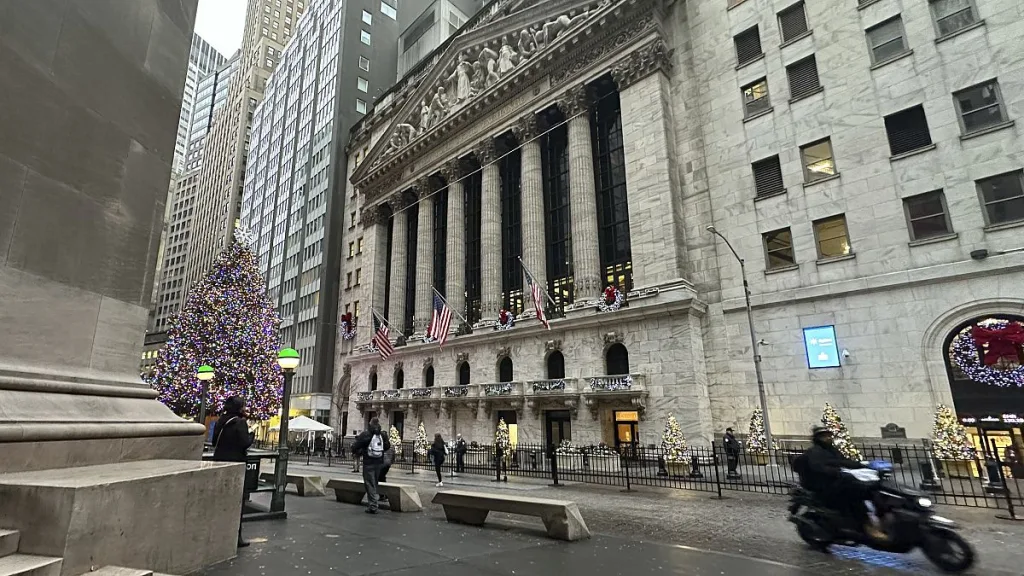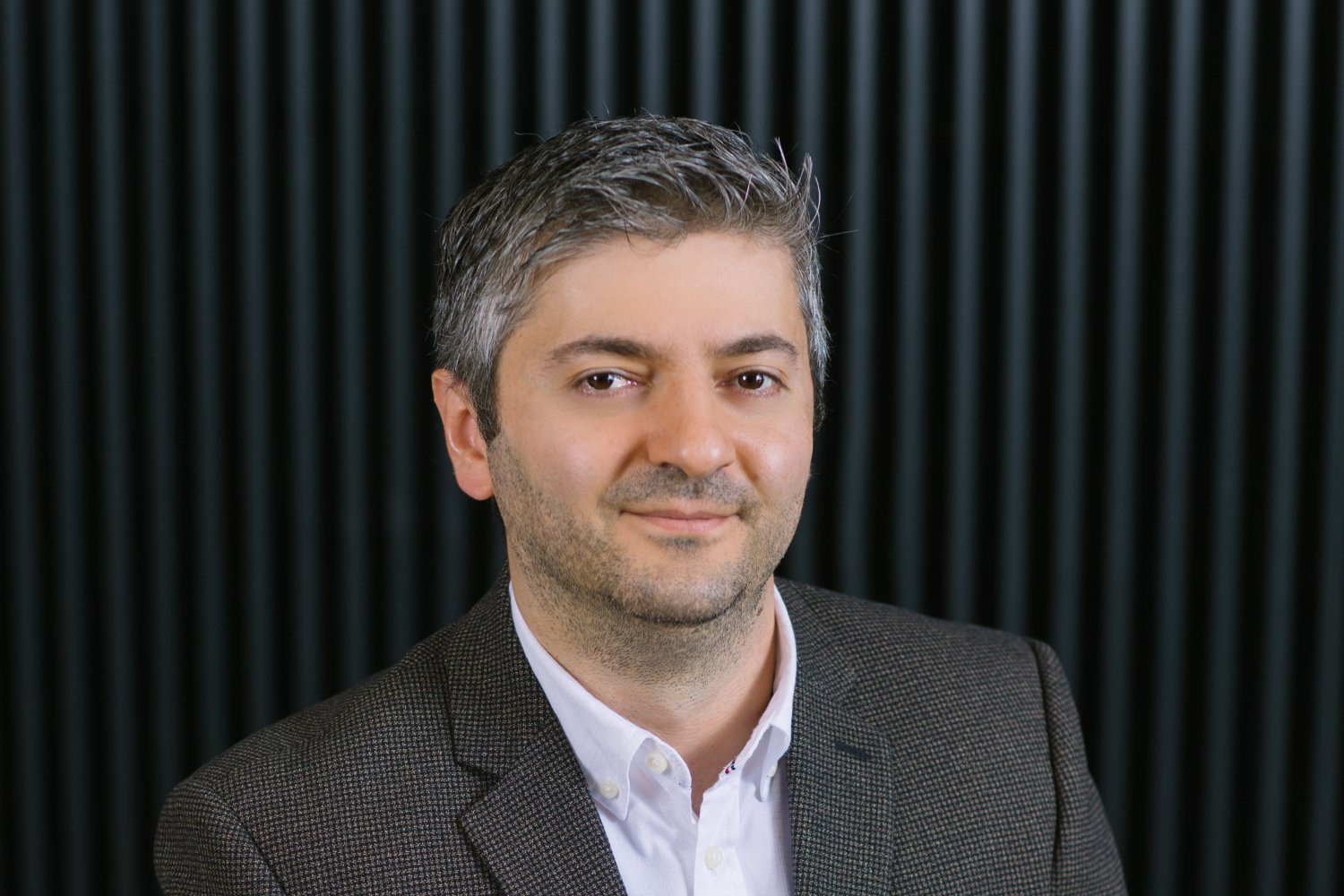The Czech Republic’s central bank has made headlines by cutting its key interest rate for the seventh consecutive time, responding to a decrease in inflation. This recent move aligns with the dovish tendencies exhibited by other major central banks, including recent rate cuts from the Federal Reserve and the European Central Bank (ECB).
Analysts had anticipated this cut, which sees the interest rate reduced by a quarter-point, bringing it down to 4.25%. The decision marks a significant shift in monetary policy, as the central bank began lowering borrowing costs in December of the previous year—this being the initial cut since June 2022.
The latest reduction comes shortly after the US Federal Reserve lowered its benchmark interest rate by half a point last week, a groundbreaking decision as it was the first time in over four years that the Fed has decreased borrowing costs. Additionally, the ECB has also joined the trend, recently lowering its deposit facility rate by a quarter-point to 3.5% earlier this month.
Pressure has mounted on Czech policymakers to facilitate lower borrowing costs, especially in light of slower-than-expected wage growth. In the second quarter of 2024, average real monthly wages in the Czech Republic saw a year-on-year growth of 3.9%. This represents a decline from the 5% increase witnessed in the preceding quarter and falls short of market expectations.
Despite this, the Czech economy has shown some resilience, with a year-on-year growth of 0.6% recorded in the second quarter of 2024, an increase from the 0.3% growth observed in the prior quarter. The central bank projects an overall growth of 1.2% for the entire year of 2024.
On the inflation front, the Czech Republic reported a rate of 2.2% year-on-year in August, mirroring the previous month’s figure and remaining close to the central bank’s target of 2.0%. These developments suggest a cautiously optimistic outlook as the central bank navigates the dual challenges of promoting economic growth while managing inflationary pressures.
Photo credit & article inspired by: Euronews



